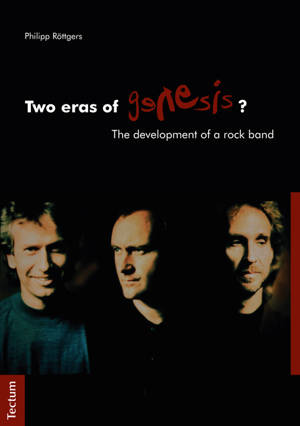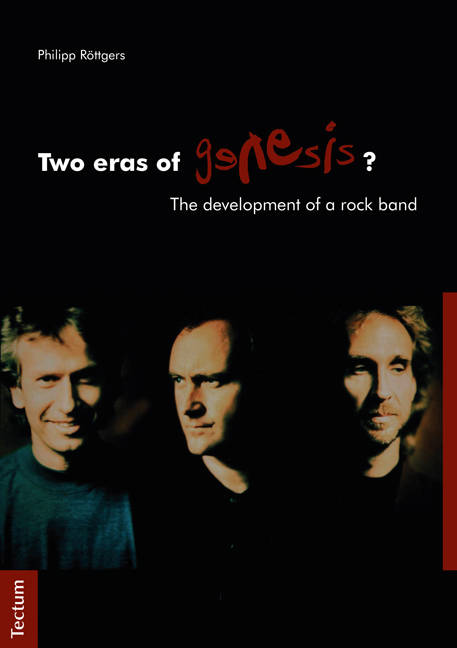
- Afhalen na 1 uur in een winkel met voorraad
- Gratis thuislevering in België vanaf € 30
- Ruim aanbod met 7 miljoen producten
- Afhalen na 1 uur in een winkel met voorraad
- Gratis thuislevering in België vanaf € 30
- Ruim aanbod met 7 miljoen producten
Zoeken
€ 25,95
+ 51 punten
Omschrijving
Genesis is one of the most successful British rock bands, hands down. And a band with a long and diverse career that was able to allow all its members to have also long and diverse solo careers (and in some cases very successful, too). Genesis always seemed to have an invisible touch on their listeners and fans. Starting off as a progressive rock band in the early 1970s with singer Peter Gabriel and his strange costumes and masks, the band changed into a pop band with single hits in the 1980s after he left and drummer Phil Collins took over the microphone. At least that is the common conception. Philipp R ttgers takes a look beyond and asks if this change even exists or if there is some kind of misunderstanding. He turns it on again and analyzes certain songs from both eras , takes a look at live performances, music videos, album covers and press and fan reviews. He runs through the band s history and also includes the solo careers to find out if their image should be renewed.
Specificaties
Betrokkenen
- Auteur(s):
- Uitgeverij:
Inhoud
- Aantal bladzijden:
- 120
- Taal:
- Engels
Eigenschappen
- Productcode (EAN):
- 9783828835924
- Uitvoering:
- Paperback
- Afmetingen:
- 148 mm x 210 mm
- Gewicht:
- 189 g

Alleen bij Standaard Boekhandel
+ 51 punten op je klantenkaart van Standaard Boekhandel
Beoordelingen
We publiceren alleen reviews die voldoen aan de voorwaarden voor reviews. Bekijk onze voorwaarden voor reviews.







